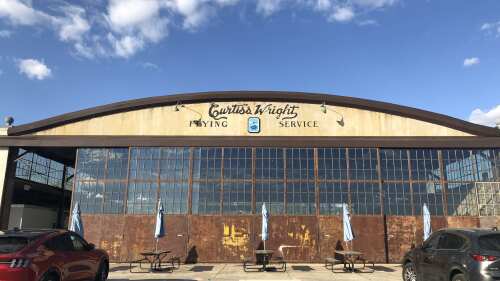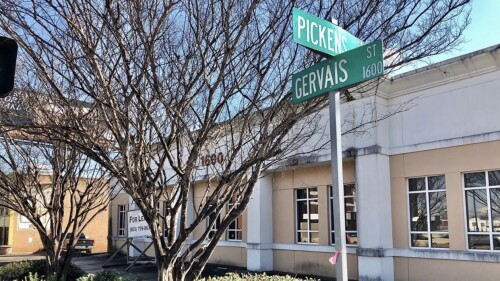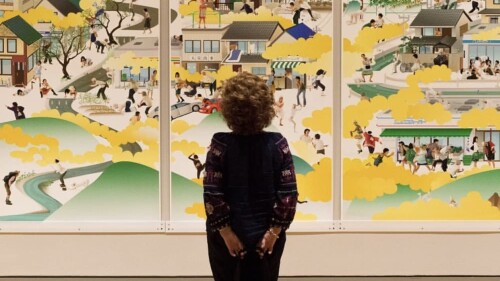Enter: Do Good Columbia.
We’ve seen the snazzy graphics for Do Good Columbia on Facebook and around town. “Community problem solving… ” sounds good enough. But what exactly is it? We had to find out. 👇
🤷 What is Do Good Columbia?
Do Good Columbia is a two-day community problem-solving workshop led by Richland Library (with an advisory team) using human-centered design techniques to develop creative solutions to community issues. The program concept has been in the works for about 2 years, but September 14-16, 2017 is the inaugural workshop (their goal is to make it an annual event, tackling a different community issue each year).
🚣 What issues?
This year, they’re focusing on how to increase access, usage and enjoyment of Columbia’s rivers.
💦 Why the rivers?
Columbia’s rivers are topical + they’re part of what makes Columbia unique, but many residents don’t use the rivers or know how to access them. There’s a lot of possibility there.
🕴 What is human centered design?
Putting people at the center of the process (inspired by the library’s own service design).
It asks: 1. “What is the issue?” 2. “Who does it affect?” 3. “How can we help?”
3 stages: Inspiration, Ideation + Implementation.
🔍 How does it work?
Who: ~100 people applied to participate; 50 will be selected to participate in the two-day workshops where they’re divided into teams (with an ‘advisor’ – an engaged/influential community member + ‘facilitator,’ Richland Library staffer) to problem-solve
Friday: Teams explore, brainstorm + design ways to increase river access, usage + enjoyment
Saturday: Finalize concepts + present to a panel of judges
Result: At least one idea will be selected for implementation and will be funded over the next 6-12 months using grant + private funds.
💸 How much does this cost + who’s funding it?
The total project budget – including funding for implementing at least one of the ideas developed during the workshops – is ~$150,000. $75,000 of grant funds is coming from Central Carolina Community Foundation, and Richland Library is funding the rest.
🤚 How can people get involved?
The application process for workshop participants has closed, but people willing to hear the idea pitches + share their experiences with Cola’s rivers can email DoGoodColumbia@RichlandLibrary.com.
I’m here for Do Good Columbia. Sounds kind of like What’s Next Midlands, but more hands-on and less virtually-crowdsourced during the process. Here’s to hoping we get one step closer to the rivers (physically, metaphorically, spiritually.)
-Chloe












